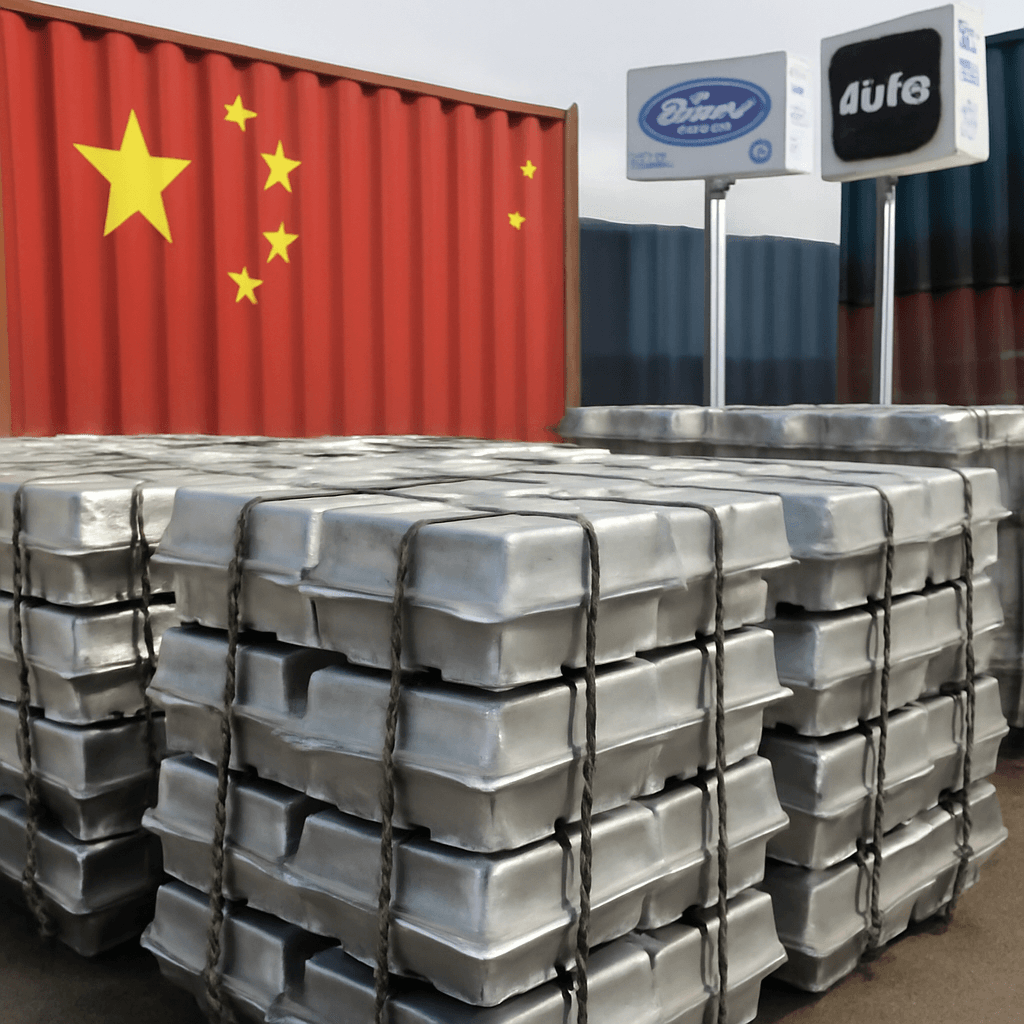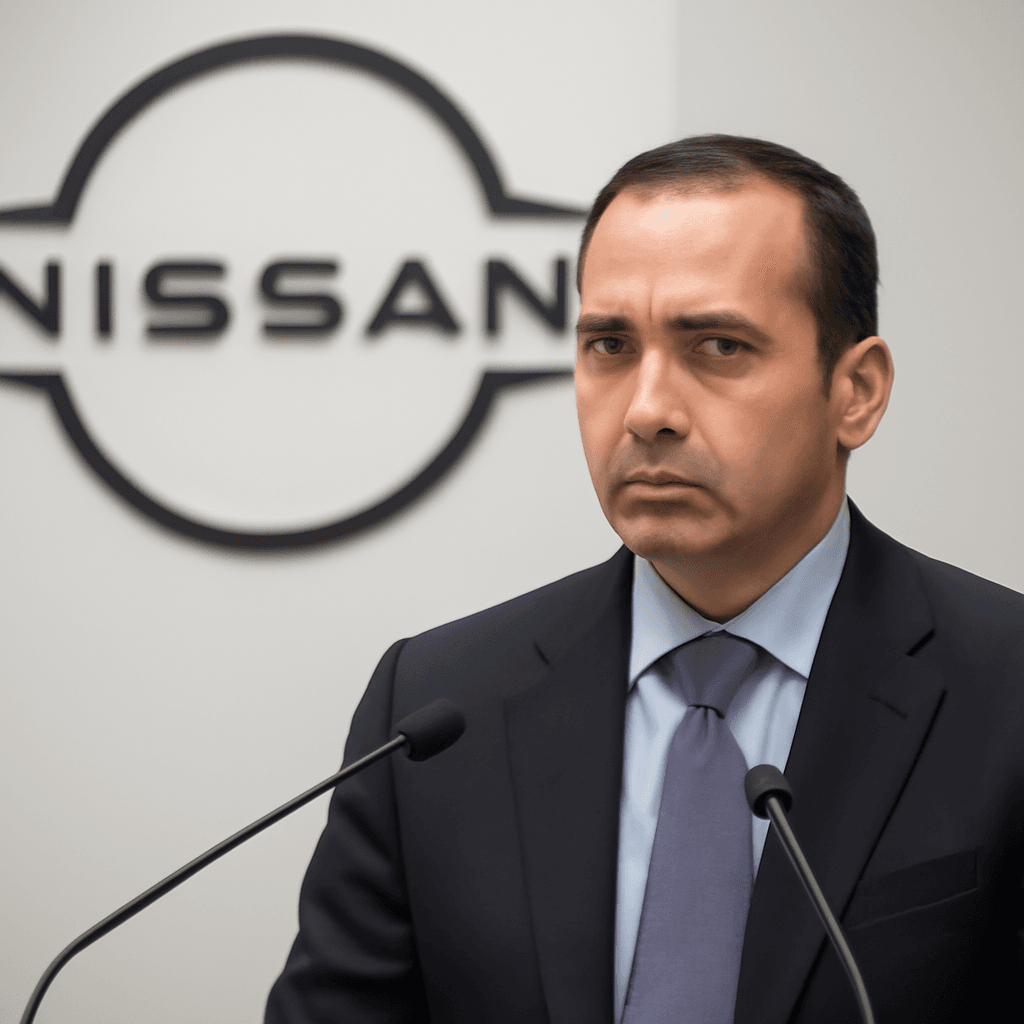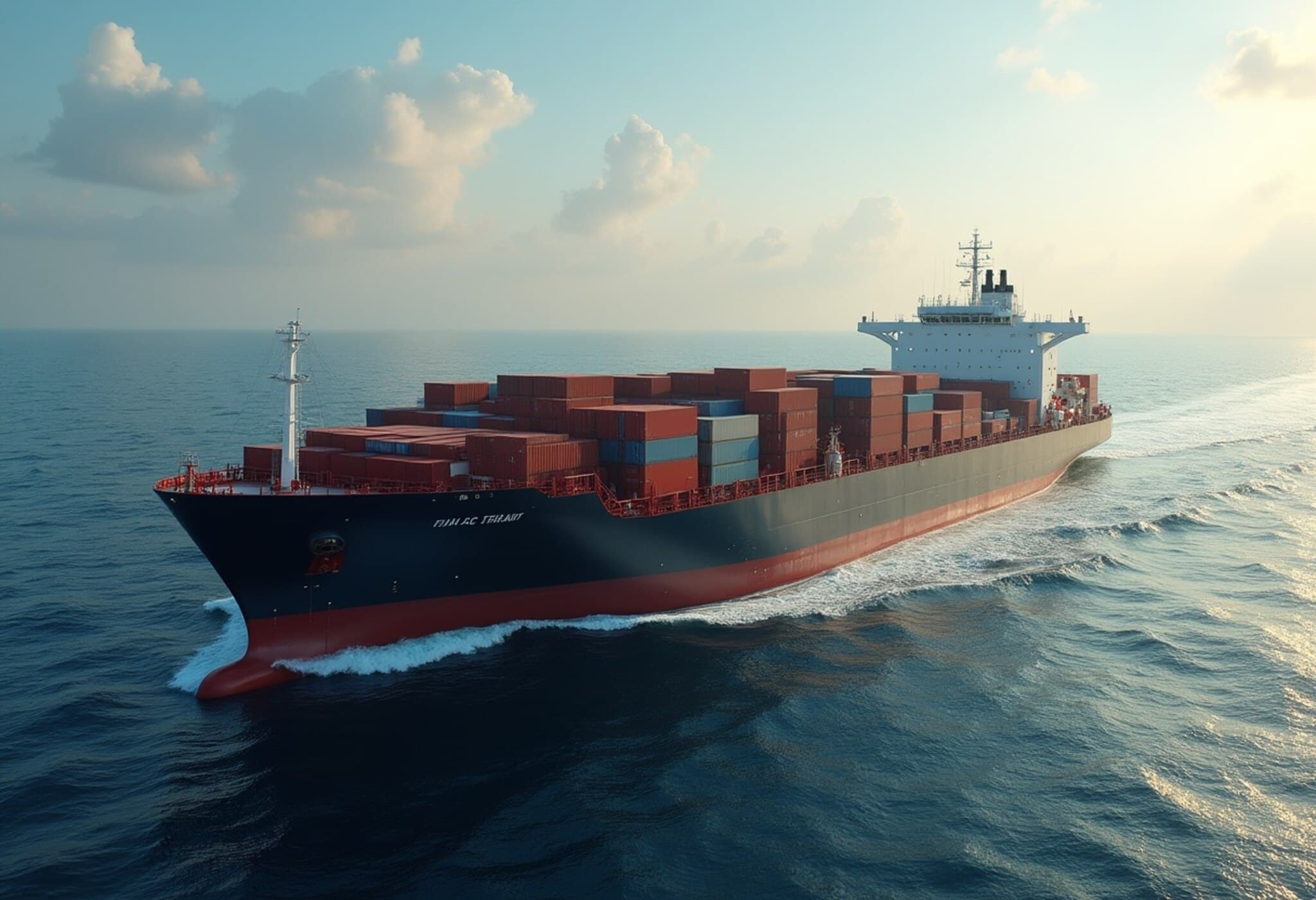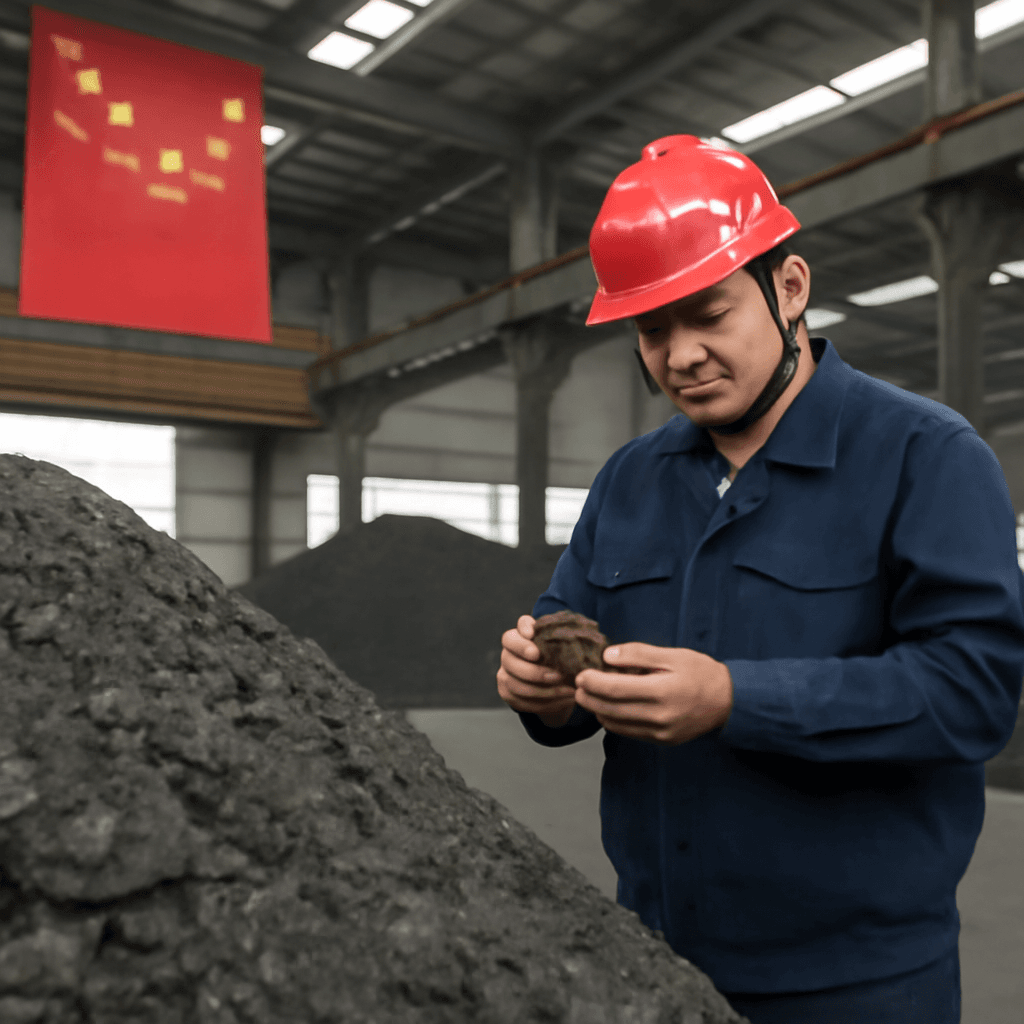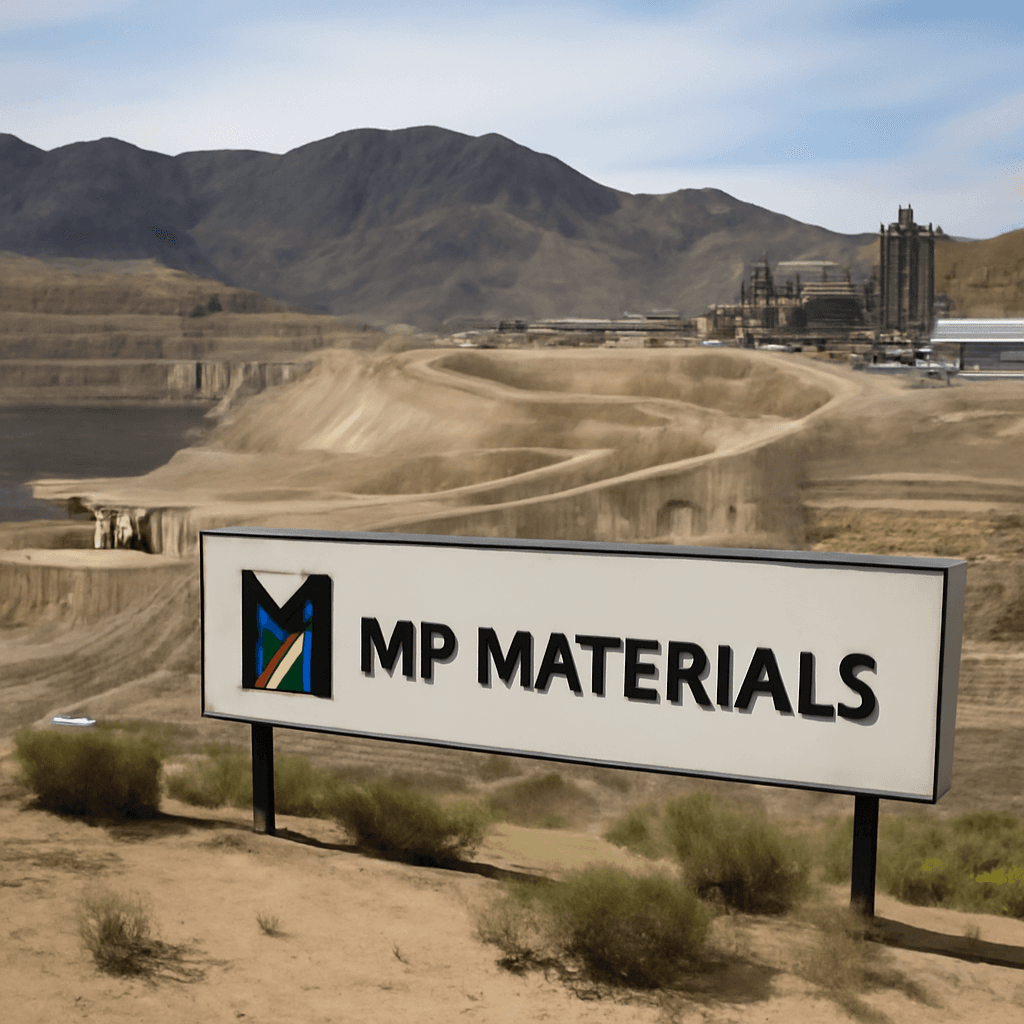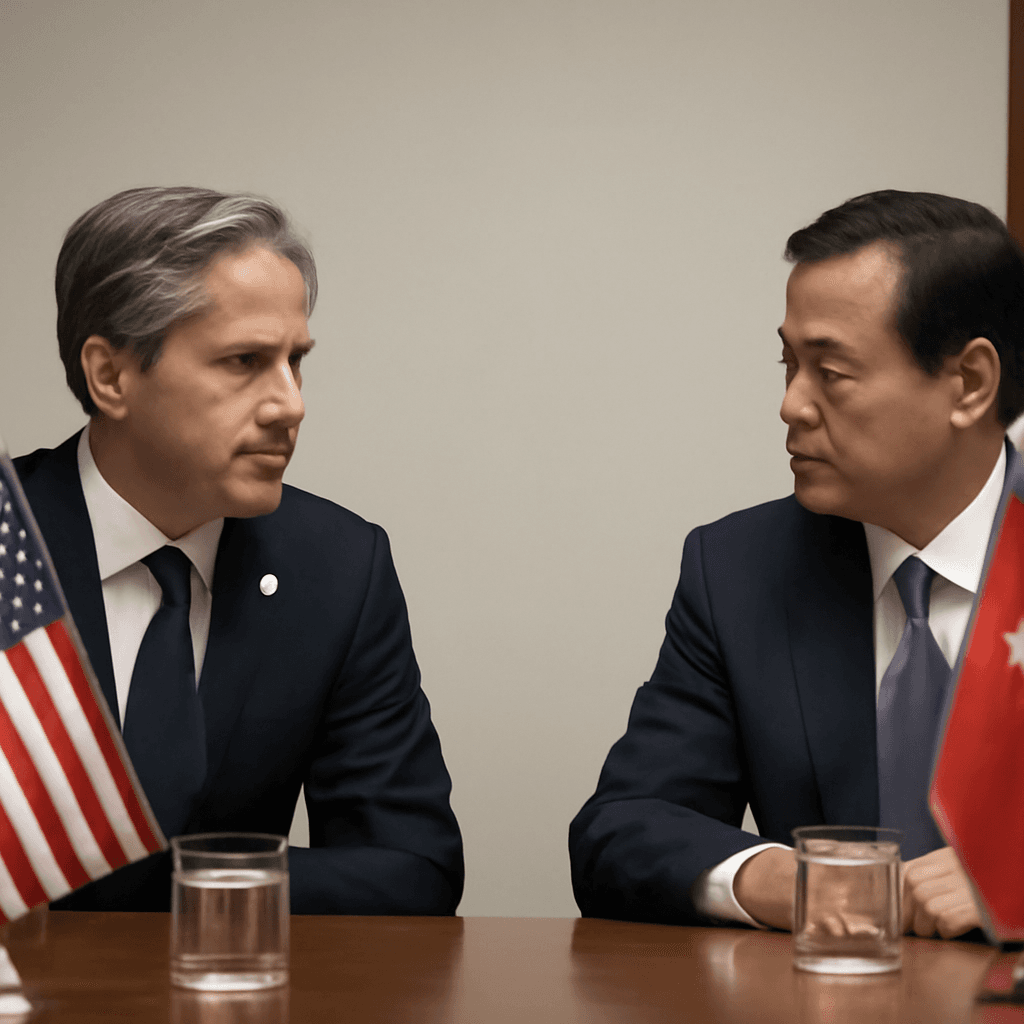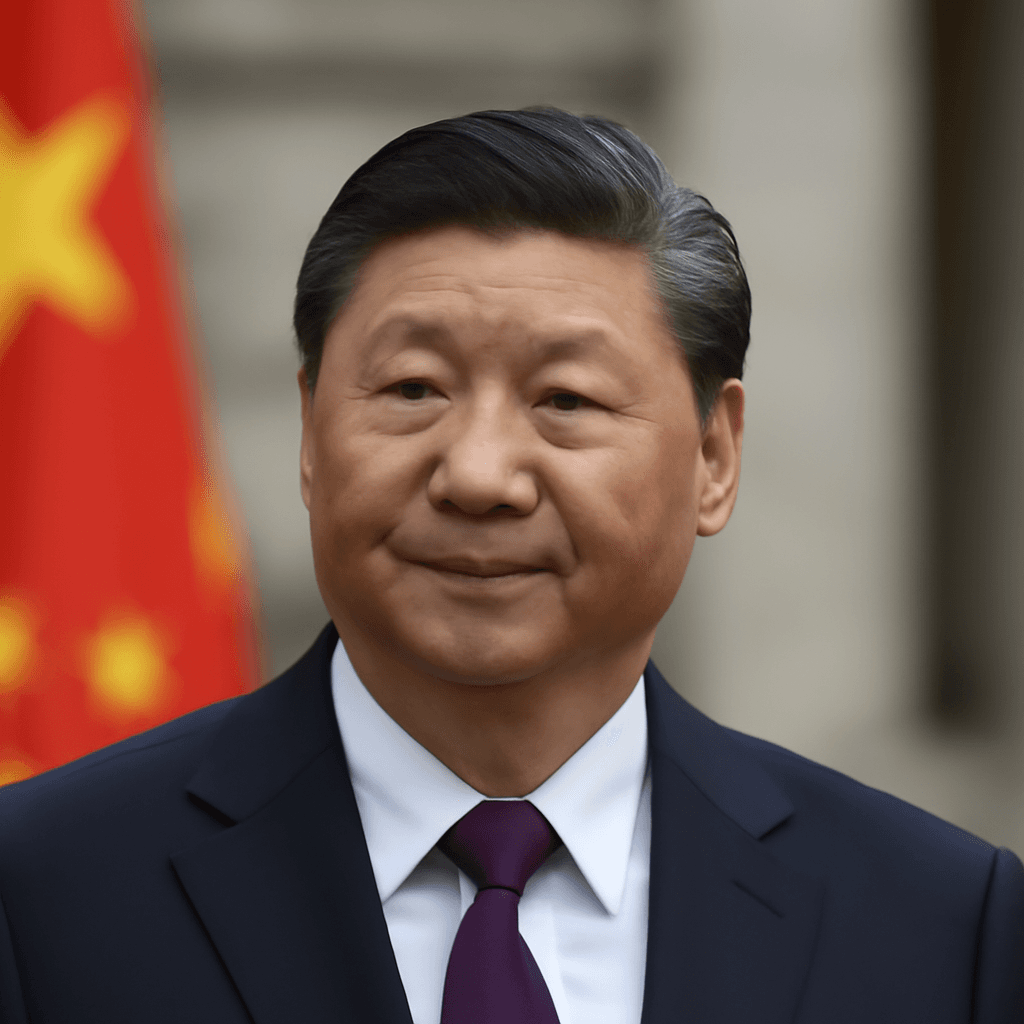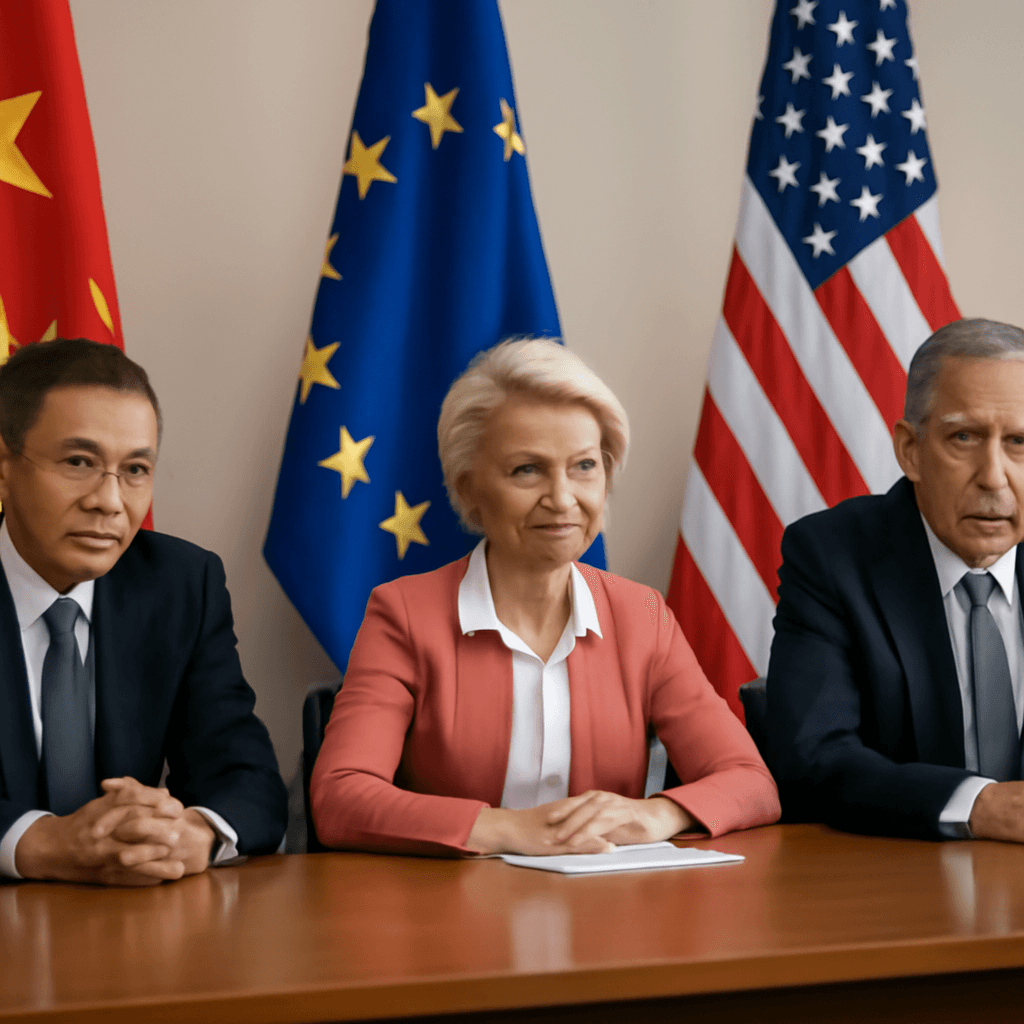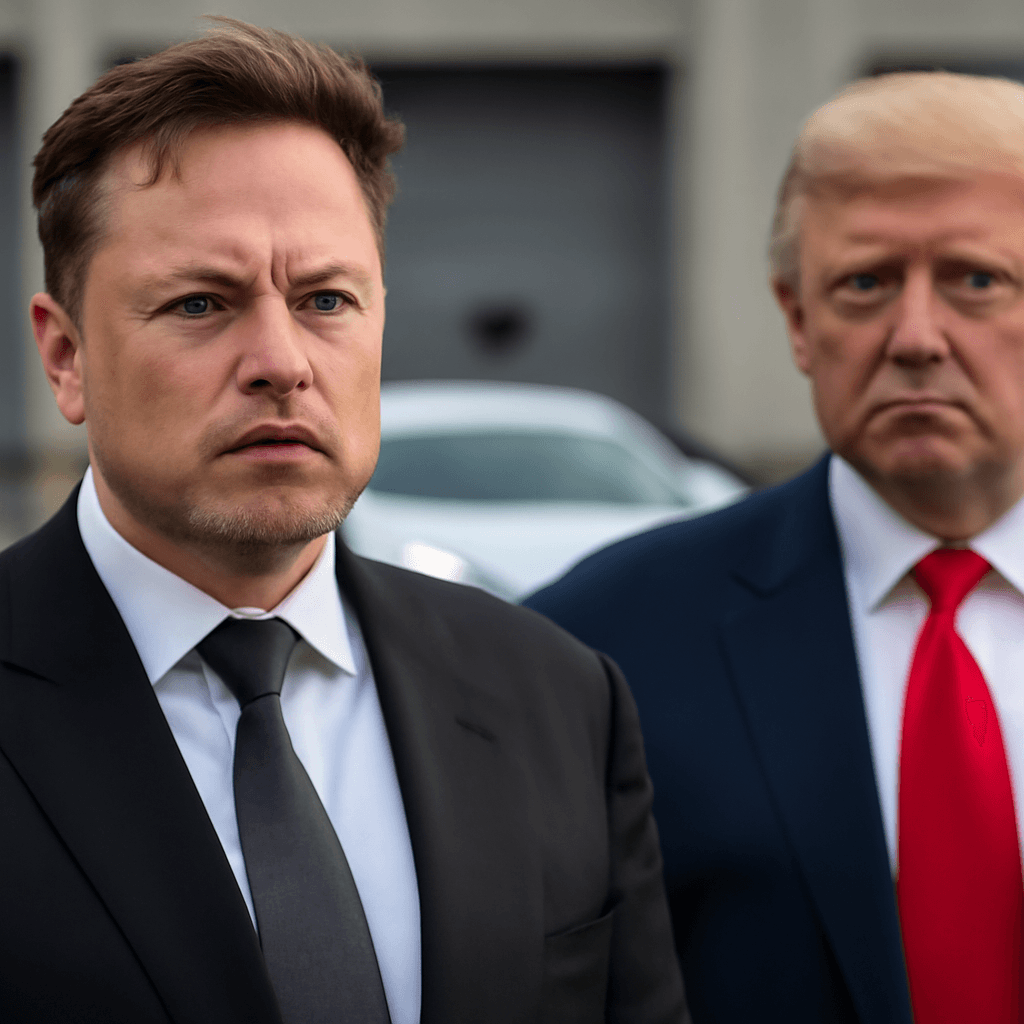China’s Rare Earth Export Restrictions Impact Global Auto Sector
In early April 2025, China’s Ministry of Commerce introduced export limitations on several rare earth elements and magnets essential to industries including automotive, defense, and energy. This move has prompted concerns across the global automotive sector, particularly in Europe and Japan, where production lines have already experienced disruptions.
Significance of Rare Earth Elements in Automotive Manufacturing
Rare earth elements are critical components in the manufacture of both traditional combustion engine vehicles and electric vehicles (EVs). Their scarcity can directly affect production capabilities, highlighting the highly interconnected nature of global supply chains.
European Auto Industry Under Pressure
Following China's export restrictions, multiple European automotive supplier plants have temporarily ceased operations. The European Association of Automotive Suppliers has indicated that only approximately 25% of export license applications submitted to Chinese authorities have been approved, significantly impacting supply availability.
Germany’s main automotive industry organization warned that these constraints could halt vehicle production. Delays in customs clearance for shipments with valid export licenses have compounded the issue, potentially leading to further production stoppages.
Automakers Respond by Seeking Alternatives and Mitigation Strategies
Major German automakers acknowledge the challenge. Companies like Mercedes-Benz are implementing long-term strategies to secure critical raw materials and reduce dependence on specific rare earth metals.
- Mercedes-Benz aims to significantly lower the rare earth metal content per vehicle.
- They are developing new material compositions to eliminate the use of heavy rare earth metals such as dysprosium in electric drives.
Volkswagen reports stable supplies, with suppliers actively working to obtain necessary export licenses despite the restrictions.
Impact Extends to Japanese Automakers
Japanese manufacturers are also encountering difficulties. Nissan’s CEO confirmed the situation is actively impacting the industry and emphasized the importance of exploring alternative solutions. One automaker, Suzuki, has reportedly halted production of its Swift model due to supply constraints caused by China’s export controls.
Global Rare Earth Market and Supply Chain Vulnerabilities
China dominates the rare earth minerals market, accounting for around 60% of global production. This concentration poses strategic vulnerabilities amid the transition toward sustainable energy and electric vehicles. The escalating demand for critical minerals intensifies the urgency for diversified sourcing and innovation.
Calls for Diplomatic and Regulatory Action
Industry leaders urge European and German policymakers to engage with Chinese authorities to resolve supply bottlenecks promptly and mitigate further disruptions.
Conclusion
The automotive industry faces significant challenges as China’s rare earth export restrictions strain supply chains. Manufacturers are actively pursuing mitigation strategies, but the situation underscores the critical need for supply diversification and alternative material technologies to secure long-term production stability.



